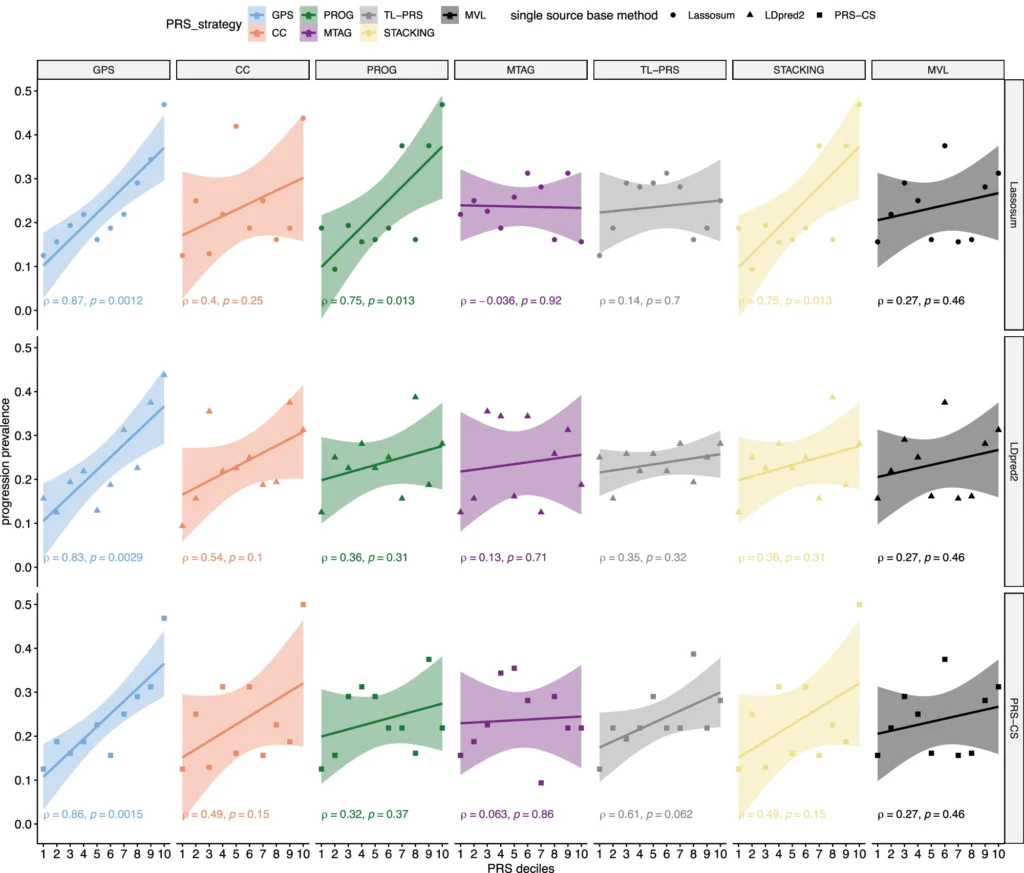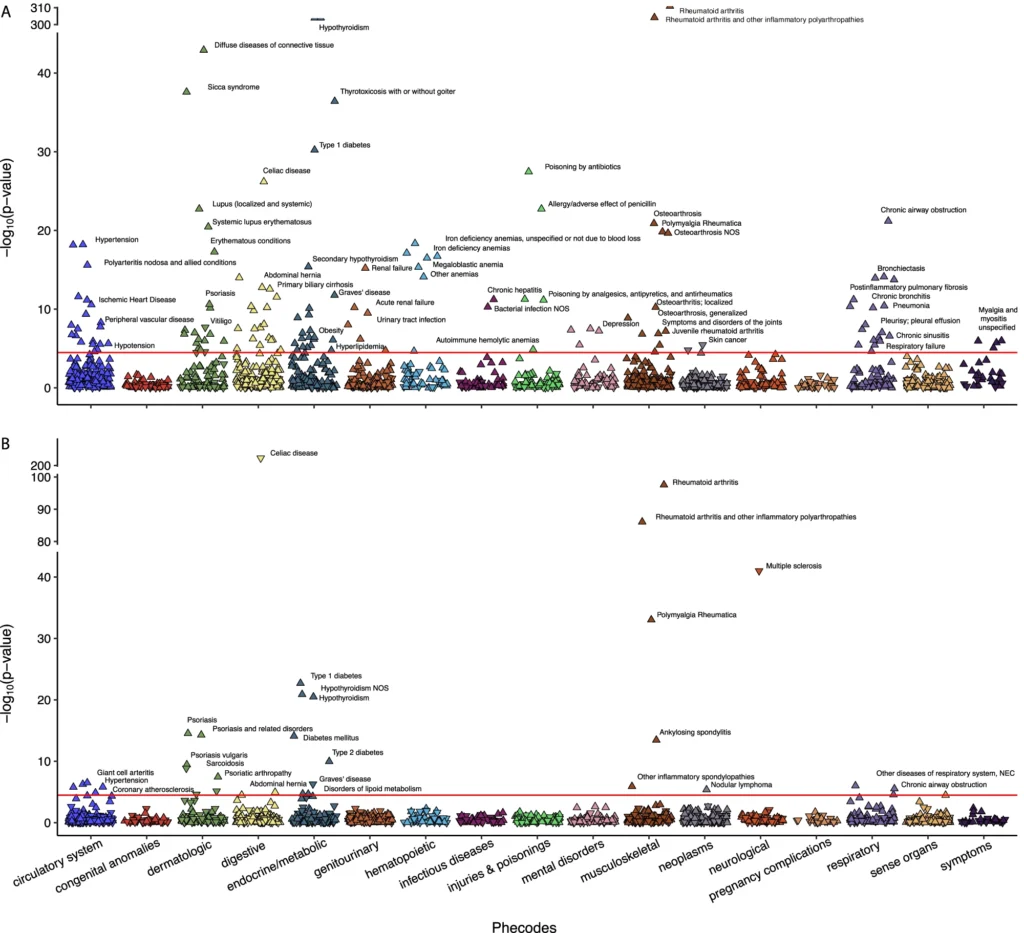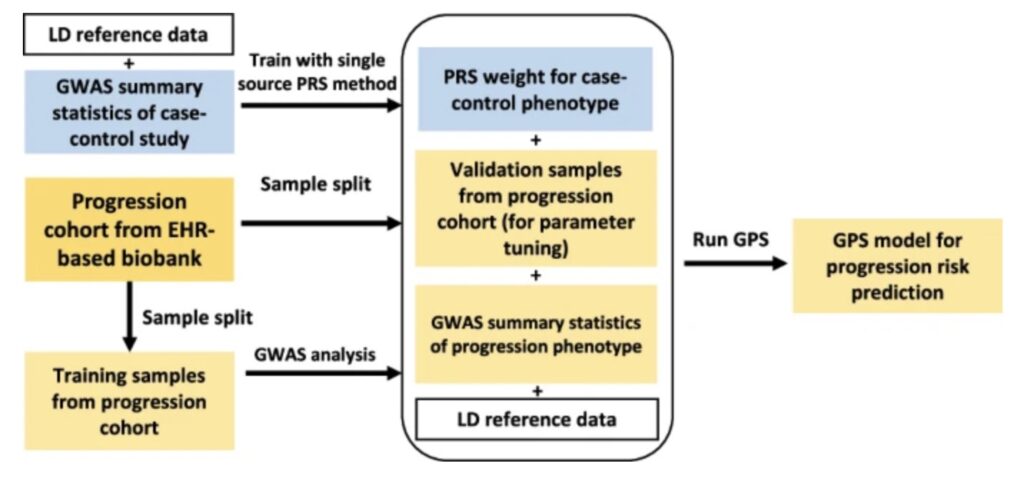New Genetic Progression Score promises early intervention and personalized treatment for autoimmune conditions.
- Breakthrough Technology: Researchers developed a Genetic Progression Score (GPS) using AI to predict autoimmune disease progression with up to 1,000% improved accuracy.
- Personalized Care: GPS identifies high-risk individuals early, enabling tailored interventions and better patient outcomes.
- Expanding Applications: The GPS framework could be adapted to study other diseases, advancing health equity and personalized medicine.
Autoimmune diseases affect millions globally, often progressing silently from mild preclinical symptoms to severe conditions. Researchers at Penn State College of Medicine have introduced a groundbreaking tool, the Genetic Progression Score (GPS), leveraging artificial intelligence to predict disease progression with unmatched precision. By integrating genetic data and electronic health records, GPS has outperformed existing models, providing a significant step forward in personalized medicine.

How GPS Improves Prediction Accuracy
The GPS model utilizes transfer learning, a technique where AI systems are trained on one dataset and adapted for related tasks. GPS combines data from genome-wide association studies (GWAS) with electronic health record-based biobanks. This dual-source approach enhances prediction accuracy by identifying genetic and clinical markers linked to disease progression. Testing with real-world data, including cases of rheumatoid arthritis and lupus, validated GPS’s ability to forecast progression with up to 1,000% greater accuracy compared to existing methods.
Benefits of Early Detection
The ability to predict autoimmune disease progression is critical. Early detection allows for proactive interventions, targeted monitoring, and personalized treatment plans, which can prevent irreversible damage caused by disease progression. Moreover, GPS could revolutionize clinical trials by identifying individuals most likely to benefit from experimental therapies, streamlining recruitment and improving trial outcomes.

Potential to Broaden Health Equity
Beyond autoimmune diseases, GPS offers a template for studying other underrepresented conditions. Using AI and transfer learning, researchers can address health disparities by analyzing small or diverse populations often overlooked in traditional medical studies. This could lead to breakthroughs in diagnosing and managing rare or underrepresented diseases, fostering equitable access to personalized medicine.
A Leap Forward in Personalized Medicine
The development of GPS is a testament to the power of AI in transforming healthcare. By integrating genetic insights with clinical data, this tool bridges gaps in current diagnostic and treatment strategies, paving the way for a more precise and equitable approach to disease management. As researchers expand its application to other conditions, GPS holds the potential to redefine the future of personalized medicine, offering hope to millions worldwide.
This innovative approach reflects the collaborative strength of Penn State’s autoimmune working group, emphasizing the importance of interdisciplinary research in tackling complex health challenges.

